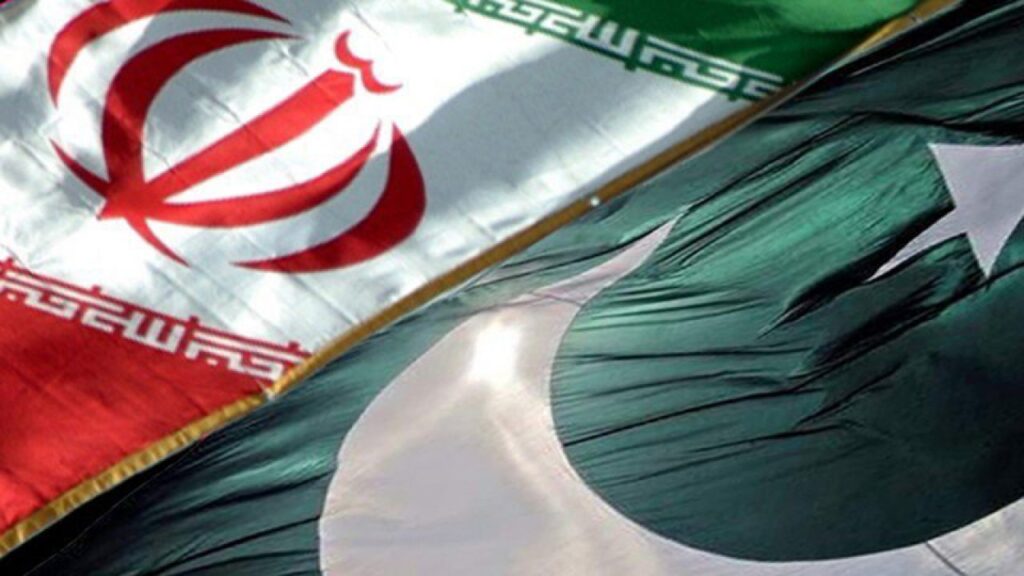In a significant diplomatic move, Pakistan has recalled its top diplomat from Iran and expelled the Iranian representative from its territory, following Iranian airstrikes in Balochistan. The incident has led to a suspension of all high-level visits between the two nations, as tensions escalate over the alleged targeting of the Jaish al-Adl terror group.
The Pakistani Foreign Office spokesperson, Mumtaz Zahra Baloch, stated that Islamabad had summoned back its ambassador from Iran, and the Iranian counterpart, currently traveling, has been instructed not to return for the time being. This decision underscores the severity of the situation and reflects Pakistan’s discontent with the recent events.
Iran maintains that the airstrikes were aimed at Jaish al-Adl, a group Tehran links to attacks on its security forces along the 1,000-km long border shared by the two countries. However, the Pakistani government strongly condemned the attack, labeling it an “unprovoked violation” of its airspace and deeming it “completely unacceptable.” The official response highlights Pakistan’s concerns over the potential repercussions of the incident.
About Pakistan Recalls Ambassador:
Notably, the airstrikes occurred in Balochistan’s Panjgur region, further intensifying the gravity of the situation. The region, already marked by a complex socio-political landscape, now finds itself at the center of a diplomatic dispute that could have far-reaching consequences.
Tragically, amidst the rising tensions, Pakistan reports the loss of two children in the airstrike. This unfortunate development adds a human dimension to the conflict, emphasizing the toll such incidents can have on innocent lives.
The international community is closely watching as the rift between Pakistan and Iran widens. The suspension of high-level visits indicates a diplomatic standstill, leaving the door open for potential escalation or, hopefully, dialogue to diffuse the mounting tensions. As both nations navigate this delicate situation, the implications for regional stability remain uncertain, with the need for diplomatic solutions becoming increasingly imperative.
